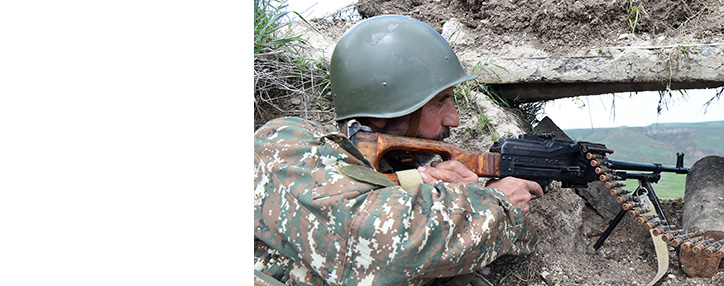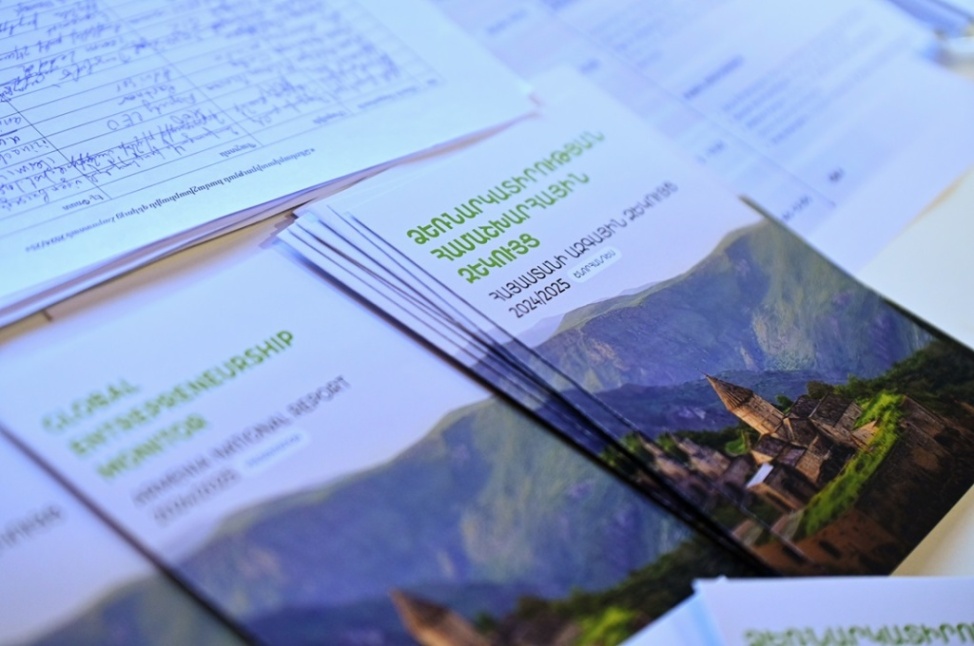OSCE Minsk group co-chairs to visit region in February
19.01.2018,
14:23
The Co-Chairs of the OSCE Minsk Group (Igor Popov of the Russian Federation, Stephane Visconti of France, and Andrew Schofer of the United States of America), together with the Personal Representative of the OSCE Chairperson-in-Office Andrzej Kasprzyk, met with Foreign Minister of Armenia Edward Nalbandian on 17 January and Foreign Minister of Azerbaijan Elmar Mammadyarov on 18 January in Polish Krakow.

YEREVAN, January 19, /ARKA/. The Co-Chairs of the OSCE Minsk Group (Igor Popov of the Russian Federation, Stephane Visconti of France, and Andrew Schofer of the United States of America), together with the Personal Representative of the OSCE Chairperson-in-Office Andrzej Kasprzyk, met with Foreign Minister of Armenia Edward Nalbandian on 17 January and Foreign Minister of Azerbaijan Elmar Mammadyarov on 18 January in Polish Krakow. The Co- Chairs met jointly with the two Foreign Ministers on 18 January, the OSCE said in a statement.
The Ministers and the Co-Chairs discussed next steps for facilitating realization of the agreements reached at previous summits dedicated to the Nagorno-Karabakh settlement. The Foreign Ministers agreed in principle to the Co-Chairs' revised concept paper for implementing the expansion of the Office of the Personal Representative of the OSCE Chairperson-in-Office with a view toward finalizing it as soon as possible.
During the meetings, the parties and Co-Chairs exchanged views on core sensitive issues contained in the working proposals currently on the table. The Co-Chairs also called for pursuing trust-building measures as an important contribution to the negotiation process. The Ministers and the Co-Chairs acknowledged the relative calm on the Line of Contact, and the Co-Chairs urged the parties to reinforce this positive trend.
The Co-Chairs indicated to the Ministers their interest in further discussing the possibility of conducting a follow up to the 2010 assessment mission to the territories affected by the conflict.
The Co-Chairs plan to travel to the region in early February.
The Nagorno-Karabakh conflict erupted into armed clashes after the collapse of the Soviet Union in the early 1990s as the predominantly Armenian-populated enclave of Azerbaijan sought to secede from Azerbaijan and declared its independence backed by a successful referendum.
On May 12, 1994, the Bishkek cease-fire agreement put an end to the military operations. A truce was brokered by Russia in 1994, although no permanent peace agreement has been signed. Since then, Nagorno-Karabakh and several adjacent regions have been under the control of Armenian forces of Karabakh.
Nagorno-Karabakh is the longest-running post-Soviet era conflict and has continued to simmer despite the relative peace of the past two decades, with snipers causing tens of deaths a year. On April 2, 2016, Azerbaijan launched military assaults along the entire perimeter of its contact line with Nagorno-Karabakh. Four days later a cease-fire was reached. -0-
The Ministers and the Co-Chairs discussed next steps for facilitating realization of the agreements reached at previous summits dedicated to the Nagorno-Karabakh settlement. The Foreign Ministers agreed in principle to the Co-Chairs' revised concept paper for implementing the expansion of the Office of the Personal Representative of the OSCE Chairperson-in-Office with a view toward finalizing it as soon as possible.
During the meetings, the parties and Co-Chairs exchanged views on core sensitive issues contained in the working proposals currently on the table. The Co-Chairs also called for pursuing trust-building measures as an important contribution to the negotiation process. The Ministers and the Co-Chairs acknowledged the relative calm on the Line of Contact, and the Co-Chairs urged the parties to reinforce this positive trend.
The Co-Chairs indicated to the Ministers their interest in further discussing the possibility of conducting a follow up to the 2010 assessment mission to the territories affected by the conflict.
The Co-Chairs plan to travel to the region in early February.
The Nagorno-Karabakh conflict erupted into armed clashes after the collapse of the Soviet Union in the early 1990s as the predominantly Armenian-populated enclave of Azerbaijan sought to secede from Azerbaijan and declared its independence backed by a successful referendum.
On May 12, 1994, the Bishkek cease-fire agreement put an end to the military operations. A truce was brokered by Russia in 1994, although no permanent peace agreement has been signed. Since then, Nagorno-Karabakh and several adjacent regions have been under the control of Armenian forces of Karabakh.
Nagorno-Karabakh is the longest-running post-Soviet era conflict and has continued to simmer despite the relative peace of the past two decades, with snipers causing tens of deaths a year. On April 2, 2016, Azerbaijan launched military assaults along the entire perimeter of its contact line with Nagorno-Karabakh. Four days later a cease-fire was reached. -0-



